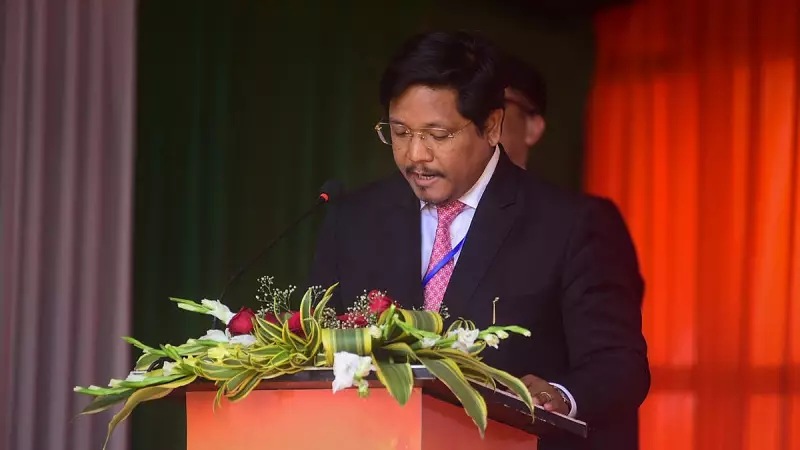
In a development that could dramatically alter the political dynamics of Northeast India, eight prominent regional parties are poised to create a unified political entity, marking one of the most significant political consolidations in the region's history.
The Grand Coalition Takes Shape
Meghalaya Chief Minister Conrad K Sangma, who leads the National People's Party (NPP), revealed that intensive discussions have been underway for several months to bring together these regional forces. The alliance aims to present a formidable front that can effectively represent the unique interests and aspirations of the northeastern states.
Beyond Traditional Alignments
What makes this development particularly intriguing is that many of these parties are currently part of either the BJP-led North East Democratic Alliance (NEDA) or maintain friendly relations with the ruling coalition. However, this new entity would operate as an independent regional force, capable of negotiating with national parties from a position of strength.
Strategic Timing Ahead of Elections
The timing of this consolidation is strategic, coming just months before crucial parliamentary elections. According to sources, the formal announcement of this political entity is expected within weeks, potentially reshaping electoral equations across the eight northeastern states.
The participating parties include:
- National People's Party (NPP) - Meghalaya
- Asom Gana Parishad (AGP) - Assam
- Mizo National Front (MNF) - Mizoram
- Naga People's Front (NPF) - Nagaland
- Other significant regional players
A Response to Regional Aspirations
This move represents a growing recognition among regional parties that collective bargaining power can better serve the Northeast's distinct needs. The alliance seeks to address long-standing issues including infrastructure development, economic growth, and preserving cultural identities while engaging with the central government.
Political Implications and Reactions
While Assam Chief Minister Himanta Biswa Sarma has acknowledged the discussions, he maintains that NEDA remains the primary platform for the region. However, political observers note that this new coalition could create a more balanced power structure, ensuring that northeastern concerns receive greater attention at the national level.
The formation of this united front signals a maturing of regional politics in Northeast India, where local parties are increasingly confident about charting their own political course while maintaining pragmatic relationships with national parties.






